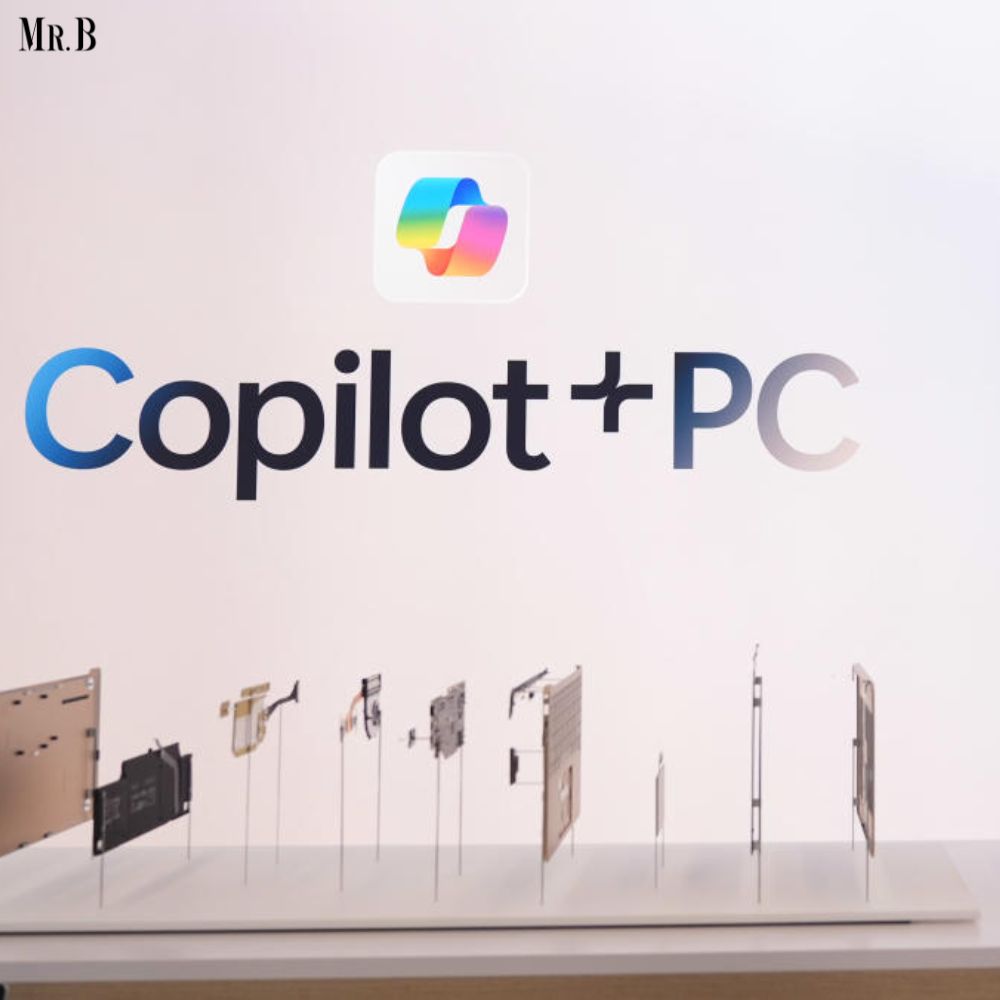At its Build conference this week, Microsoft (MSFT) unveiled its latest innovation, the Copilot+ PCs, designed to seamlessly integrate artificial intelligence capabilities into personal computers. This strategic move aims to enhance productivity and accessibility for knowledge workers by embedding generative AI Tech Industry directly into their daily tools. The announcement has stirred excitement among tech enthusiasts and industry analysts, with many viewing it as a significant leap forward in the AI Tech Industry landscape.
Rishi Jaluria, Software Equity Analyst at RBC Capital Markets, expressed high expectations for the new AI PCs. “The introduction of these AI PCs is actually going to be a really big game changer to getting generative AI in the hands of every knowledge worker out there,” Jaluria stated. He emphasized that users will be able to utilize small and medium language models locally, thus broadening the scope of AI applications for everyday tasks.
Frederick Havemeyer, Head of US AI & Software Research at Macquarie, echoed similar sentiments, highlighting the transformative potential of large language models in consumer technology. “It’s very clear to us that the technology of a generative AI model of large language models is something that will find fit with consumers over time. ChatGPT did, and I think that with the right interface and the right platform, we’ll find it over time,” Havemeyer remarked. This perspective underscores the growing consumer interest and the anticipated widespread adoption of AI technologies.
The Expanding AI Ecosystem: Tech Industry Insights
The enthusiasm around Microsoft’s Copilot+ PCs reflects a broader trend within the tech industry, where AI integration is rapidly becoming a priority for businesses. Companies across various sectors are increasingly seeking innovative ways to leverage AI for improved efficiency and competitive advantage.
Despite the excitement, there remains considerable potential for growth and development in the AI field. Jaluria pointed out that while current applications are promising, there is still much room for advancement. “There is still a lot of room for the technology to grow,” he said, suggesting that we are only beginning to scratch the surface of what AI can achieve.
Future Prospects: AI’s Role in Innovation and Efficiency
The introduction of Microsoft’s Copilot+ PCs is poised to drive significant changes in how businesses and individuals utilize technology. By embedding AI Tech Industry directly into PCs, Microsoft aims to democratize access to powerful generative AI tools, making them more accessible and user-friendly for a broader audience. This approach not only enhances productivity but also fosters innovation by enabling users to harness the full potential of AI in their daily operations.
Havemeyer’s comments reflect the long-term vision for AI integration, suggesting that as consumers become more familiar with AI capabilities, the adoption rate will continue to rise. “With the right interface and the right platform, we’ll find it over time,” he reiterated, underscoring the importance of user experience in the successful deployment of AI technologies.
As AI continues to permeate various industries, the implications for efficiency and innovation are profound. From automating routine tasks to providing sophisticated data analysis and decision-making support, AI stands to revolutionize numerous aspects of business operations. The Copilot+ PCs represent a significant step in this direction, embodying Microsoft’s commitment to pioneering AI advancements and setting the stage for a new era of technological integration.
In conclusion, Microsoft’s Copilot+ PCs are not just another product release; they symbolize a transformative shift in how AI is integrated into everyday tools. With strong industry backing and a clear vision for the future, these AI PCs are set to become a cornerstone in the evolving landscape of technology, driving both innovation and efficiency to new heights.
Curious to learn more? Explore this News on: Mr. Business Magazine







